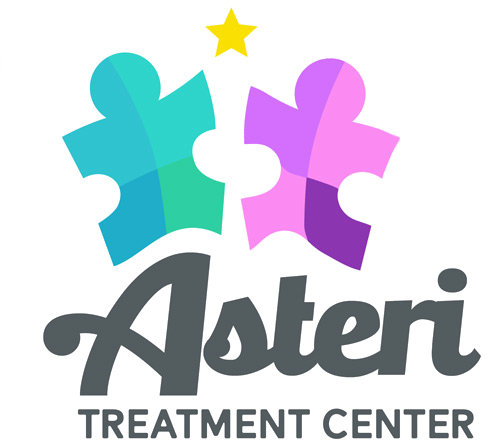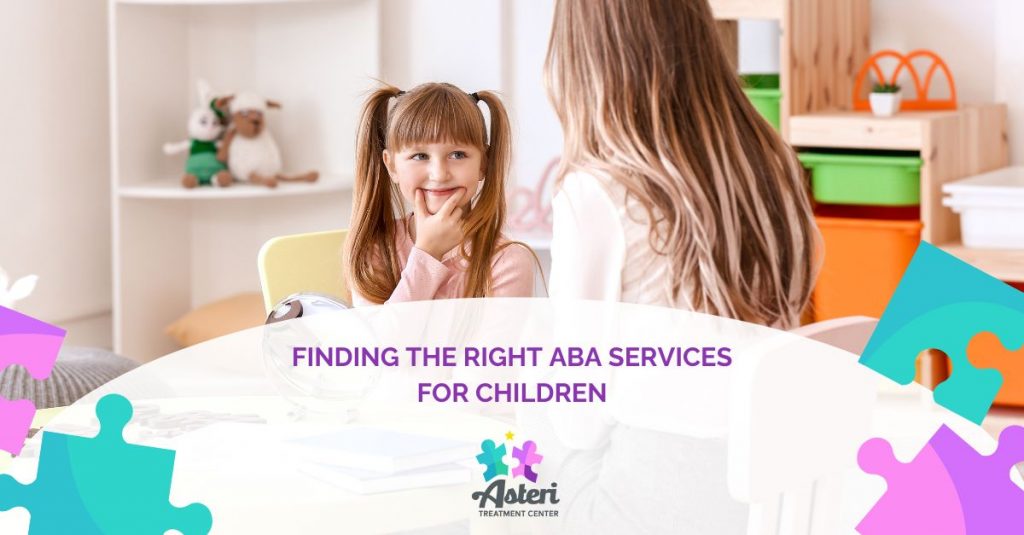Behavior treatment is a cornerstone of treatment for individuals with autism spectrum disorder (ASD). This approach encompasses various techniques aimed at improving specific behaviors and skills while reducing challenging behaviors. By applying principles from psychology and behavior analysis, behavior intervention can help children with autism navigate social interactions, develop essential life skills, and enhance their overall quality of life.
The Basic Concepts of Behavior Intervention
Reinforcement is a fundamental concept in behavior treatment. It involves providing a reward following a desired behavior, thereby increasing the likelihood that the behavior will be repeated in the future. This technique helps children learn the connection between their actions and the outcomes, making them more likely to engage in similar behaviors moving forward.
Prompting is another key technique used in behavior treatment. It involves giving cues or assistance to guide the child toward the desired behavior. Prompts can be verbal, physical, or visual, depending on the child’s needs. For instance, if a child is learning to wash their hands, a therapist might verbally remind them of the steps involved or physically guide their hands through the motions. The goal of prompting is to gradually fade assistance, encouraging the child to perform the task independently as they gain confidence and competence.

Task analysis is an effective method within behavior treatment that breaks down complex tasks into smaller, more manageable steps. This approach is especially beneficial for children with autism, who may struggle with multi-step activities. By focusing on each step individually, children can learn to complete the entire task without feeling overwhelmed.
Social skills training is also a critical component of treatment. Many children with autism face challenges in social interactions, which can lead to isolation and difficulty forming relationships. By creating safe opportunities for social engagement, children can practice these skills in a supportive environment, making them more comfortable in real-world situations.
Practitioners also continuously monitor and assess the child’s progress to evaluate the effectiveness of the interventions. This data-driven approach allows therapists to make informed decisions about treatment strategies and adjust them as necessary.
Reach Us Today
Behavior treatment offers a structured and effective way to address the unique challenges faced by individuals with autism. To learn more about our methods at Asteri Treatment Center, call us today at (800)400-9748, or visit our contact page to reach us via email.

